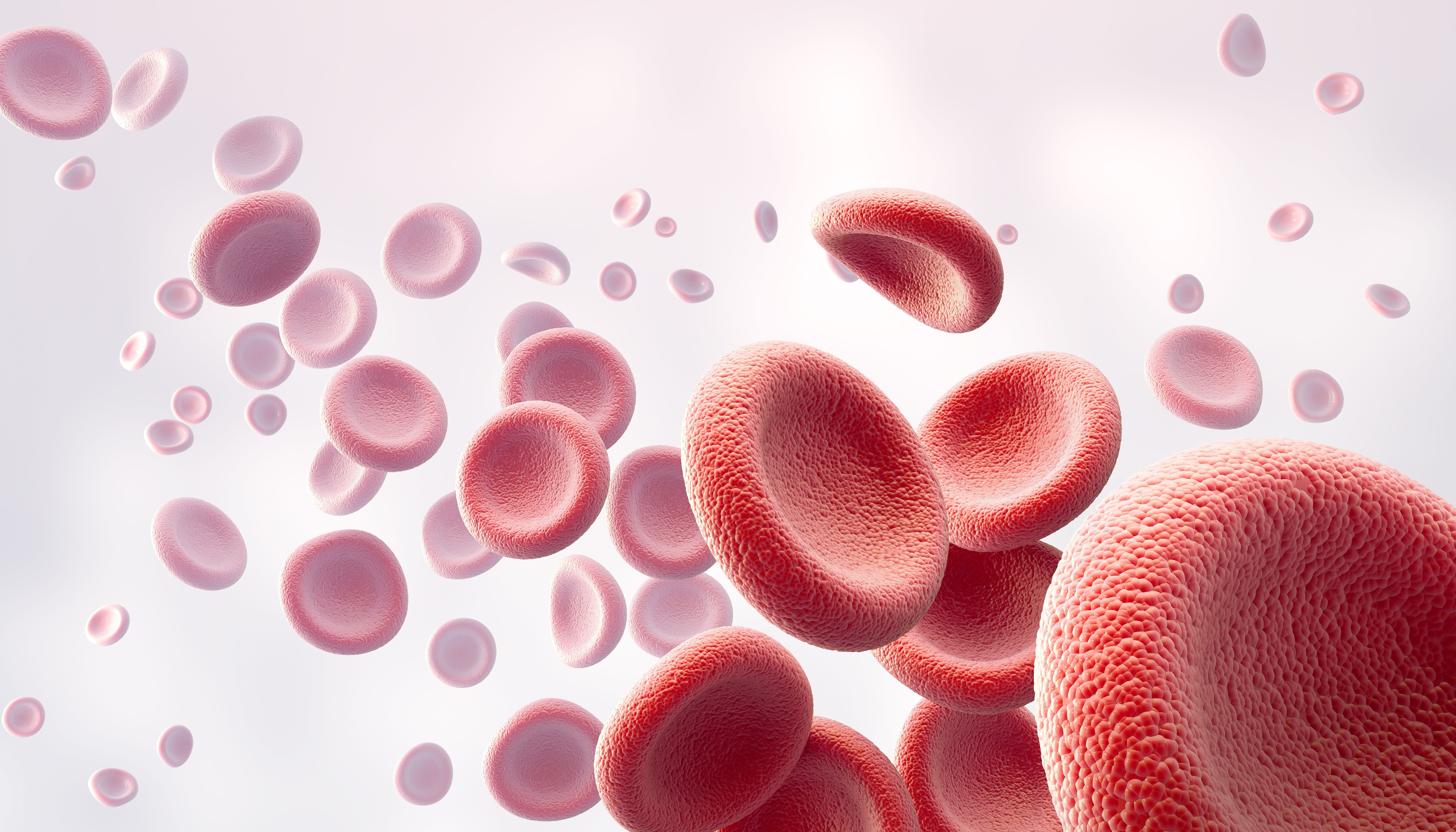- Bone Health
- Immunology
- Hematology
- Respiratory
- Dermatology
- Diabetes
- Gastroenterology
- Neurology
- Oncology
- Ophthalmology
- Rare Disease
- Rheumatology
FDA Approves Epysqli as Second Soliris Biosimilar
The FDA approves Samsung Bioepis’ Epysqli (eculizumab-aagh), marking the second US approval for a biosimilar referencing Soliris (eculizumab).
The FDA approved Epysqli (eculizumab-aagh), a biosimilar developed by Samsung Bioepis that references Soliris (eculizumab), for the treatment of paroxysmal nocturnal hemoglobinuria (PNH) and atypical hemolytic uremic syndrome (aHUS).1
According to Johns Hopkins Medicine, paroxysmal nocturnal hemoglobinuria (PNH) is a rare, acquired, life-threatening blood disorder characterized by the destruction of red blood cells, blood clot formation, and impaired bone marrow function. It is closely associated with aplastic anemia. | Image credit: Anusorn - stock.adobe.com

The approval marked the second for an eculizumab biosimilar, following the May 2024 approval of Bkemv (eculizumab-aeeb).2 Epysqli is also the eighth US biosimilar approval for Samsung Bioepis, following biosimilars for etanercept, infliximab, adalimumab, trastuzumab, bevacizumab, ranibizumab, aflibercept, and ustekinumab.3
“The FDA approval of Epysqli as a biosimilar to Soliris marks an important milestone for PNH and aHUS communities since biosimilars have a potential to positively impact patients and healthcare systems by reducing healthcare costs and improving access to treatments,” Christopher Hansung Ko, President and CEO at Samsung Bioepis, said in a statement.1 “Our mission has been, and always will be improving the lives of patients by providing quality-assured, safe and effective biologic medicines, and our work to fulfill this mission is expanding into rare disease areas where patients continue to suffer from limited access to life-enhancing medicines.”
The FDA’s approval of Epysqli was based on extensive evidence showing it is very similar to Soliris, with no significant differences in safety, purity, and potency. A phase 1, randomized, double-blind, 3-arm, parallel group, single-dose study in healthy volunteers (NCT03722329) demonstrated pharmacokinetic (PK) equivalence and comparable pharmacodynamic (PD), safety, tolerability, and immunogenicity profiles between Epysqli and the reference product. Additionally, a phase 3, randomized, double-blind, multicenter, cross-over study in patients with PNH (NCT04058158) showed clinical equivalence in efficacy, safety, PK, and immunogenicity between the 2 drugs.
Eculizumab, a monoclonal antibody and anti-C5 complement inhibitor, is a well-established treatment for PNH and aHUS, rare diseases with an estimated US prevalence of around 50,000 and 5,000 respectively.4 However, approximately 70% of eculizumab-treated patients with PNH are not dosed according to the label, and two-thirds discontinue treatment within an average of 1.5 years, often due to the high cost of treatment.
Biosimilars, which are highly similar to and have no clinically meaningful differences from an existing FDA-approved biologic, have the potential to alleviate financial burdens on the health care system and improve access to biologic therapies. These drugs must meet the same rigorous standards for pharmaceutical quality, safety, and efficacy as their reference products.
Epysqli was approved by the European Commission in May 2023 as the first eculizumab biosimilar in Europe.5 The biosimilar is also approved in the Republic of Korea.
Samsung Bioepis noted that the biosimilar was not approved to treat patients with Shiga toxin E coli–related hemolytic uremic syndrome.
Reference
1. FDA Approves Samsung Bioepis’ EPYSQLI® (eculizumab-aagh) as a Biosimilar to Soliris (eculizumab). News release. Samsung Bioepis; July 22, 2024. Accessed July 22, 2024. https://www.globenewswire.com/news-release/2024/07/22/2916428/0/en/FDA-Approves-Samsung-Bioepis-EPYSQLI-eculizumab-aagh-as-a-Biosimilar-to-Soliris-eculizumab.html
2. Jeremias S. FDA Approves First Eculizumab Biosimilar. The Center for Biosimilars®. May 29, 2024. Accessed July 22, 2024. https://www.centerforbiosimilars.com/view/fda-approves-first-eculizumab-biosimilar
3. Our products. Samsung Bioepis. Updated July 22, 2024. Accessed July 22, 2024. https://www.samsungbioepis.com/en/product/gate.do
4. National Center for Advancing Translational Sciences. Paroxysmal nocturnal hemoglobinuria. Accessed July 22, 2024. https://rarediseases.info.nih.gov/diseases/7337/index
5. Jeremias S. Samsung Bioepis' Eculizumab Biosimilar Approved in Europe. The Center for Biosimilars. May 31, 2023. Accessed July 22, 2024. https://www.centerforbiosimilars.com/view/first-hematology-biosimilar-approved-in-europe
Newsletter
Where clinical, regulatory, and economic perspectives converge—sign up for Center for Biosimilars® emails to get expert insights on emerging treatment paradigms, biosimilar policy, and real-world outcomes that shape patient care.
